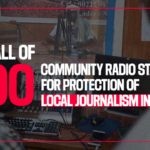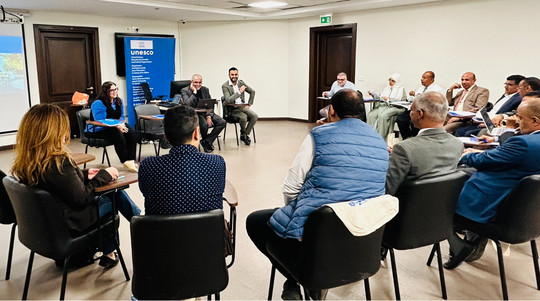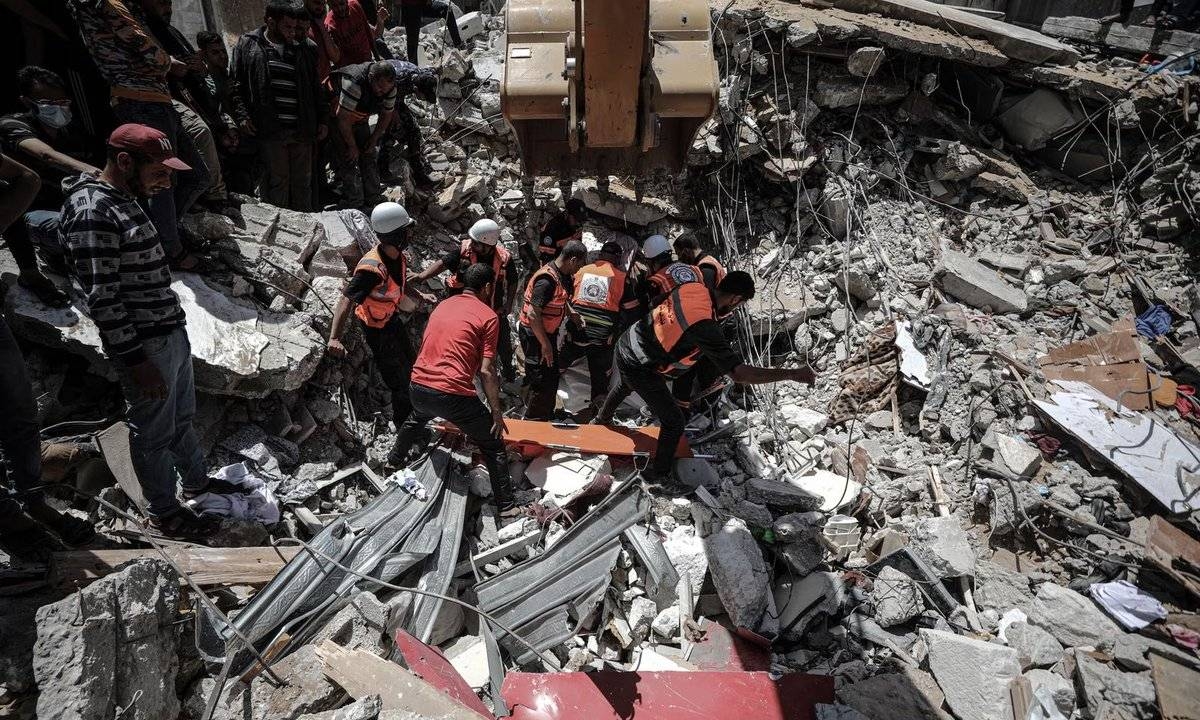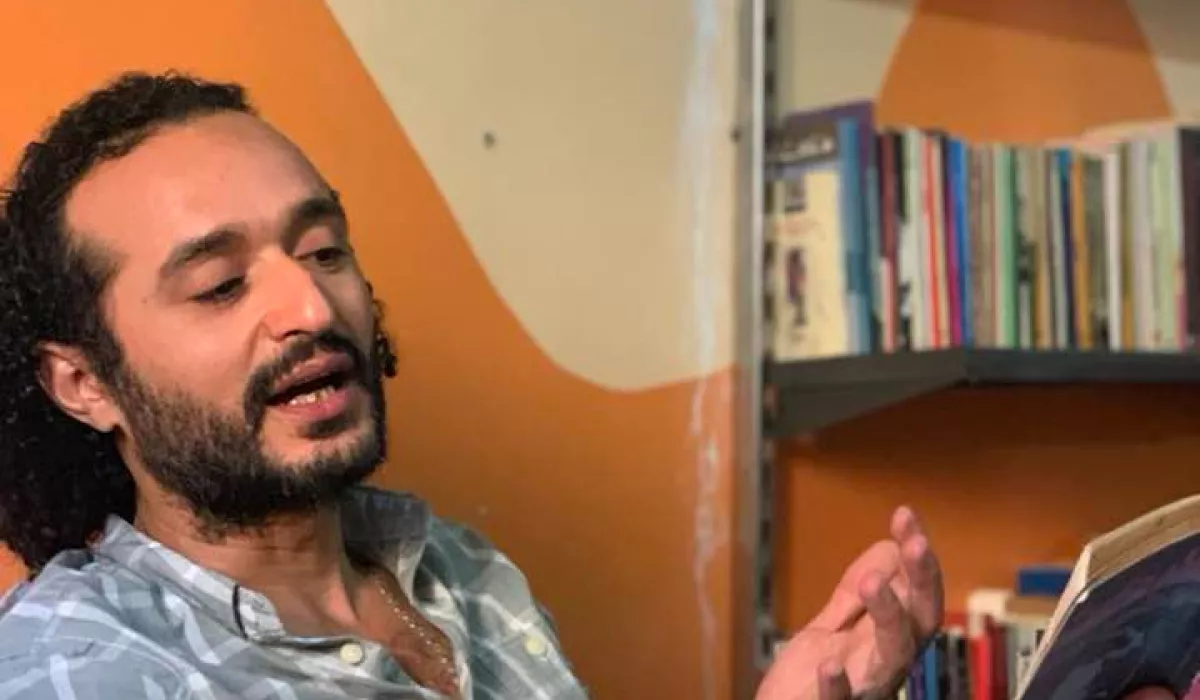
Local Lifelines Under Fire: RSF and 547 Sahel Radio Stations Demand Urgent Protection
September 24, 2024
Six Years of Impunity: RSF Denounces the Unsolved Killing of Mexican Journalist Mario Gómez Sánchez
September 24, 2024September 24, 2024 – Yemen –
In a milestone for press freedom and journalist protection, two Yemeni universities—Saba Region University in Marib and Al Mahrah University—have become the first in the country to adopt the International Federation of Journalists (IFJ) and UNESCO’s Media Safety Curriculum. The integration of this course into journalism programs marks a proactive step toward equipping future reporters with the tools and knowledge necessary to navigate the dangerous and politically unstable media landscape in Yemen.
The curriculum, developed by IFJ and UNESCO with support from the Multi-Donor Programme on Freedom of Expression and the Safety of Journalists, addresses the critical safety challenges faced by journalists operating in conflict zones. It includes both theoretical and practical training in risk assessment, trauma awareness, personal safety planning, and international legal protections. By tailoring these components to the realities of Yemen—a country where journalists are routinely harassed, detained, or killed—the program directly responds to urgent local needs.
The decision to adopt the course follows a December 2023 training session in Cairo, where media educators from eight Yemeni universities received instruction on implementing the model course. That training aimed to localize the curriculum and empower institutions to deliver it independently and sustainably. With this adoption, the two universities are now pioneering the formal inclusion of safety education in journalism training in Yemen.
UNESCO’s Director for the Gulf States and Yemen, Salah Khaled, praised the initiative, saying it “responds to the pressing need for safety among Yemeni journalists.” IFJ General Secretary Anthony Bellanger also welcomed the move, emphasizing that “no story is worth the life of a journalist,” and highlighting the importance of embedding safety at the heart of journalism education.
This step holds broader implications for journalism across the region. With Yemen’s press operating under extreme duress, institutionalizing safety training offers a path forward—one that fosters resilience, ethical standards, and a culture of protection. IFJ and UNESCO are now calling on more Yemeni universities to follow suit, hoping to build a nationwide foundation that protects the next generation of journalists before they step into the field.
Reference –




